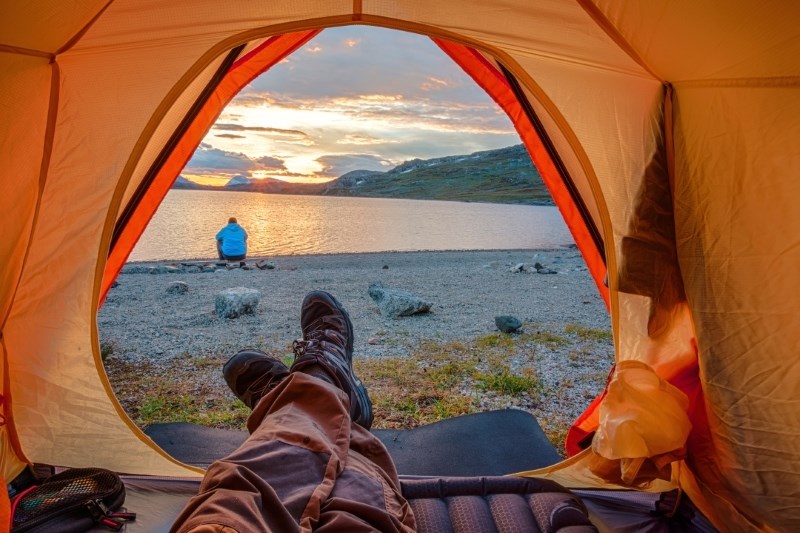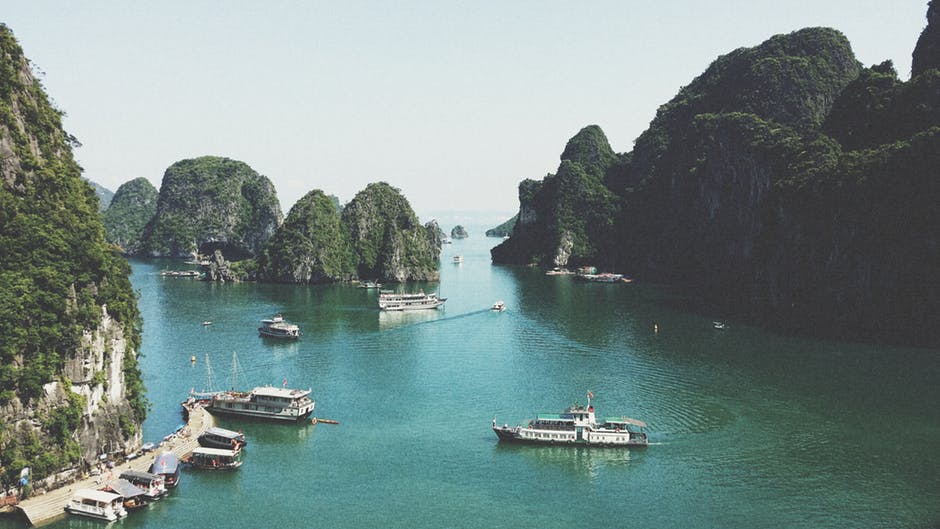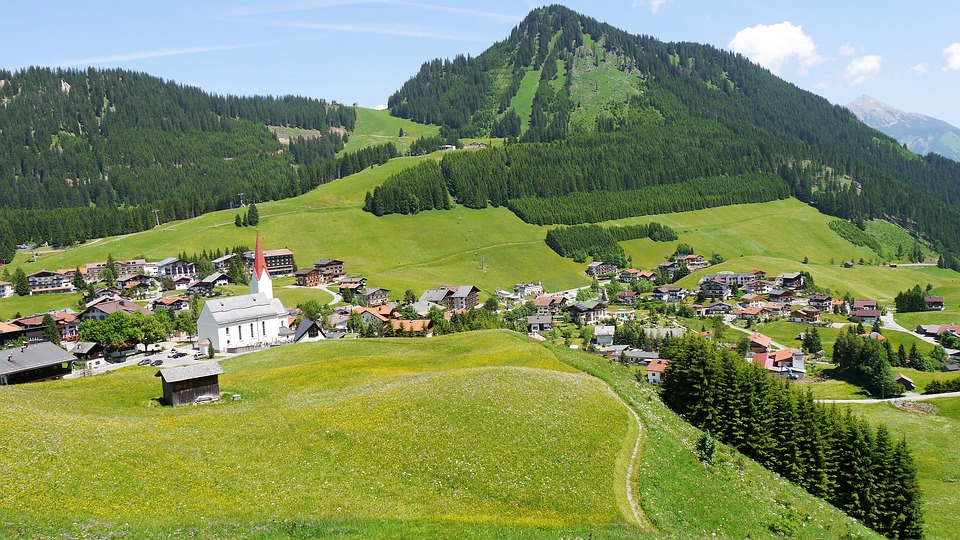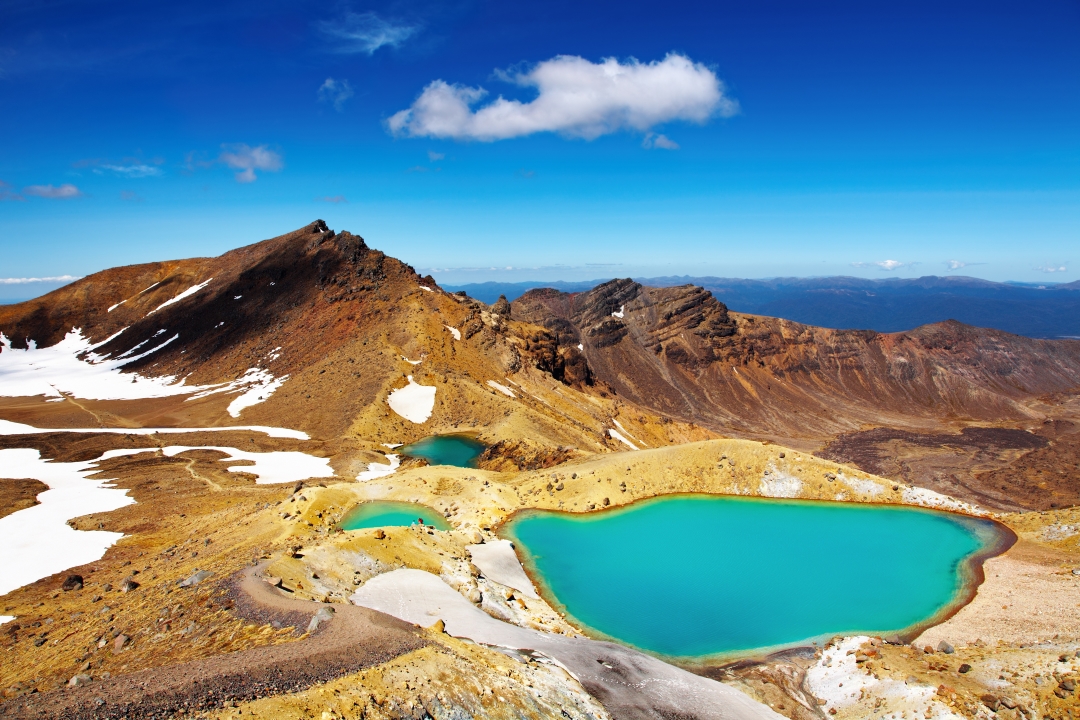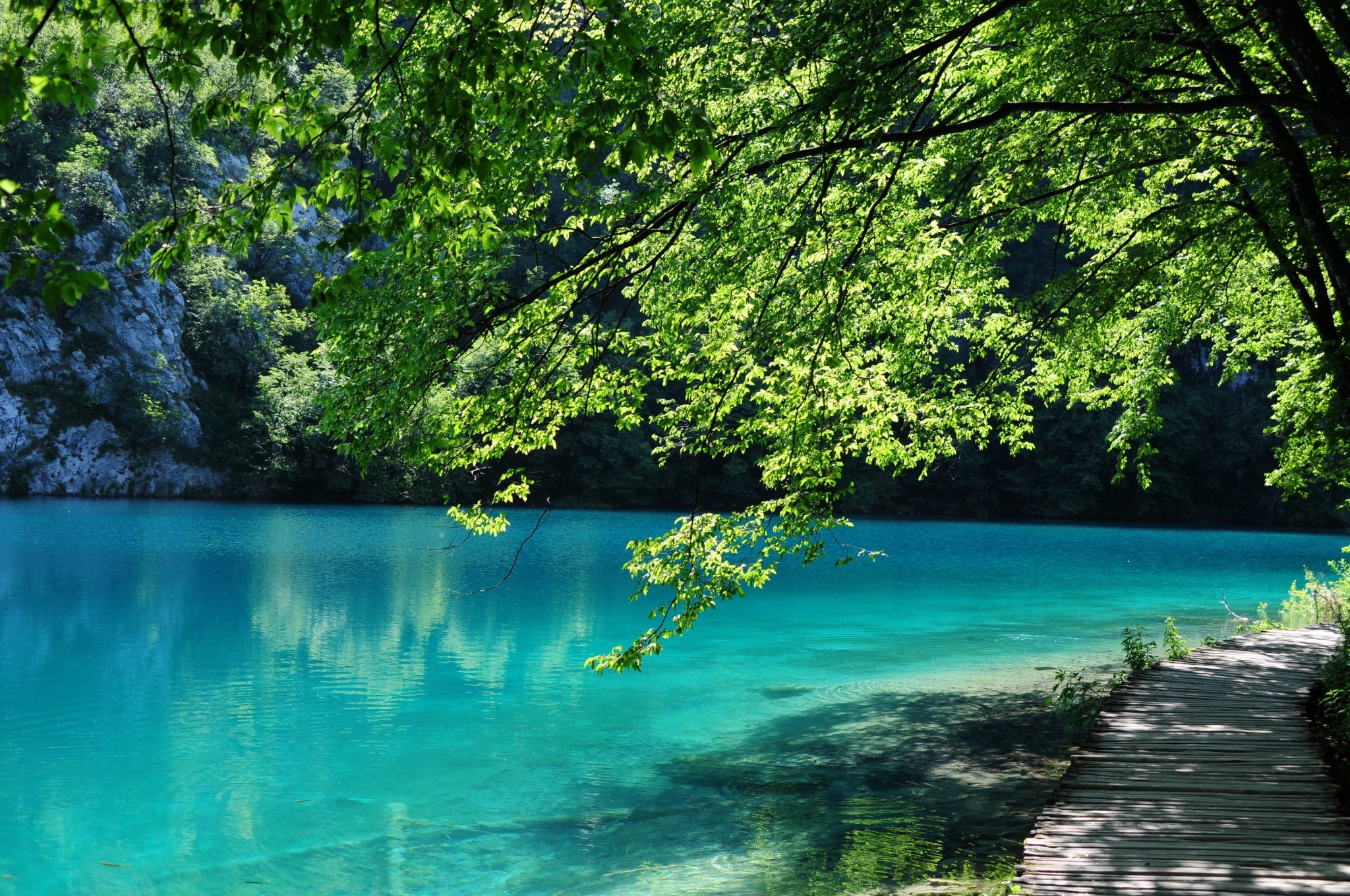At 12:47PM AEST on 17 December 2024, a 7.2 magnitude earthquake struck Port Vila and surrounding areas. Since this time, there have been multiple aftershocks. There is widespread infrastructure damage, including to roads and buildings, and some areas have also reported landslides. Essential services, including telecommunications, have been disrupted. Transport services, including flights, have been impacted.
What to do
-
Follow local government and media advice.
-
Contact your airline, cruise company, travel agent, travel provider etc as they should be able to provide immediate help with rescheduling or providing you with your options.
-
Check Smartraveller's website and their Facebook.
-
Submit a claim for this event.
Are you overseas and need emergency medical help?
If you need emergency help, contact our Emergency Assistance team.
- Phone: +61 2 8320 7999
- E-mail: emergency@fastcover.com.au
The Australian Government also offers 24-Hour Consular Assistance for travellers overseas:
- Phone: +61 2 6261 3305
- SMS: +61 421 269 080
Link-www.abc.net.au
Link-https://eos.org/thelandslideblog
